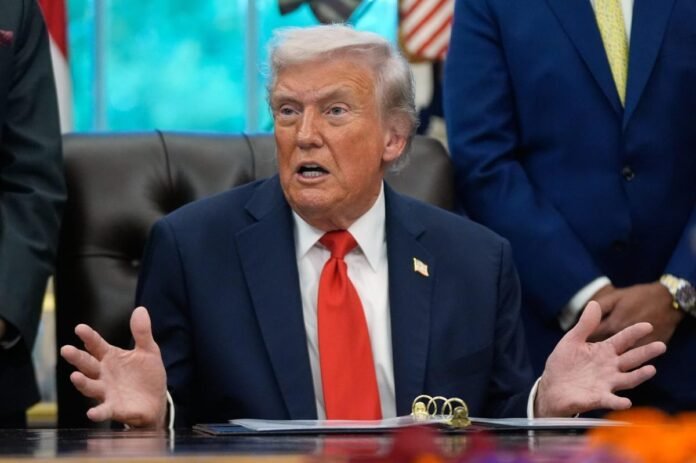President Donald Trump is now fighting for the future of Latin America. He sees whether the region will stay aligned with the United States and embrace free‑market capitalism, or whether half of the Western Hemisphere will fall deeper into cartel‑run crime, socialist policies and Chinese influence.
The Cold War ended in Europe over 30 years ago, but the Americas still feel its echo.
Cuba remains one of the few communist governments in the region, and a decade after the Soviet Union collapsed, Venezuela joined Cuba under Hugo Chávez and Nicolás Maduro. Whenever left‑wing leaders rise in Latin America, they often target U.S. businesses and American politics.
In countries that have some democratic tradition, a socialist government usually faces an election backlash.
Bolivia illustrates this: after 20 years of rule by the Movement for Socialism, Evo Morales’ party was almost wiped out in the last vote, and a more pro‑Washington candidate won. Bolivia’s new president already vowed to restore ties with Washington.
Trump watches closely what happens in Argentina. Javier Milei, the country’s free‑market reformer, has pushed sharp cuts that have hit the peso and scared voters. The next legislative election could be a showdown for the free‑market model itself. If Milei’s supporters lose, Argentina risks slipping back toward socialism.
To keep the Argentine economy afloat, Trump has arranged a $20 billion currency swap – higher dollars and a weaker peso – and is offering a similar amount in aid. He also announced plans to boost Argentine beef exports to the United States in a bid to keep supermarket prices down. Critics call this a betrayal of America‑First, but Trump argues it is a smart investment in the hemisphere that will keep the region, and America, out of Chinese economic orbit.
America’s success in post‑war Europe shows how free‑market reforms can bring prosperity and defeat communist ideology. When Europe’s allies struggled, Washington stepped in, especially during the transition after World War II, proving that help in times of crisis can secure long‑term security and growth.
Investing in Latin American countries that are trying to shed stagnant socialist systems is not just about dead‑end political ideologies. It protects the United States from drug trafficking, mass migration, and Chinese economic influence that can sell seats in American markets to Beijing. By backing friendly neighbors, the U.S. can keep the region stable, prosperous, and open for trade.
Trump’s recent hard‑line actions against Venezuelan ships and pressure on Nicolás Maduro have been headline news, but the president’s broader strategy is to make neighboring economies flourish so they can stand against Chinese offers and socialist backsliding. The approach that worked in Europe can work here too—building stronger, free‑market allies across the hemisphere.
Source: New York Post
Stay informed on all the latest news, real-time breaking news updates, and follow all the important headlines in world News on Latest NewsX. Follow us on social media Facebook, Twitter(X), Gettr and subscribe our Youtube Channel.



